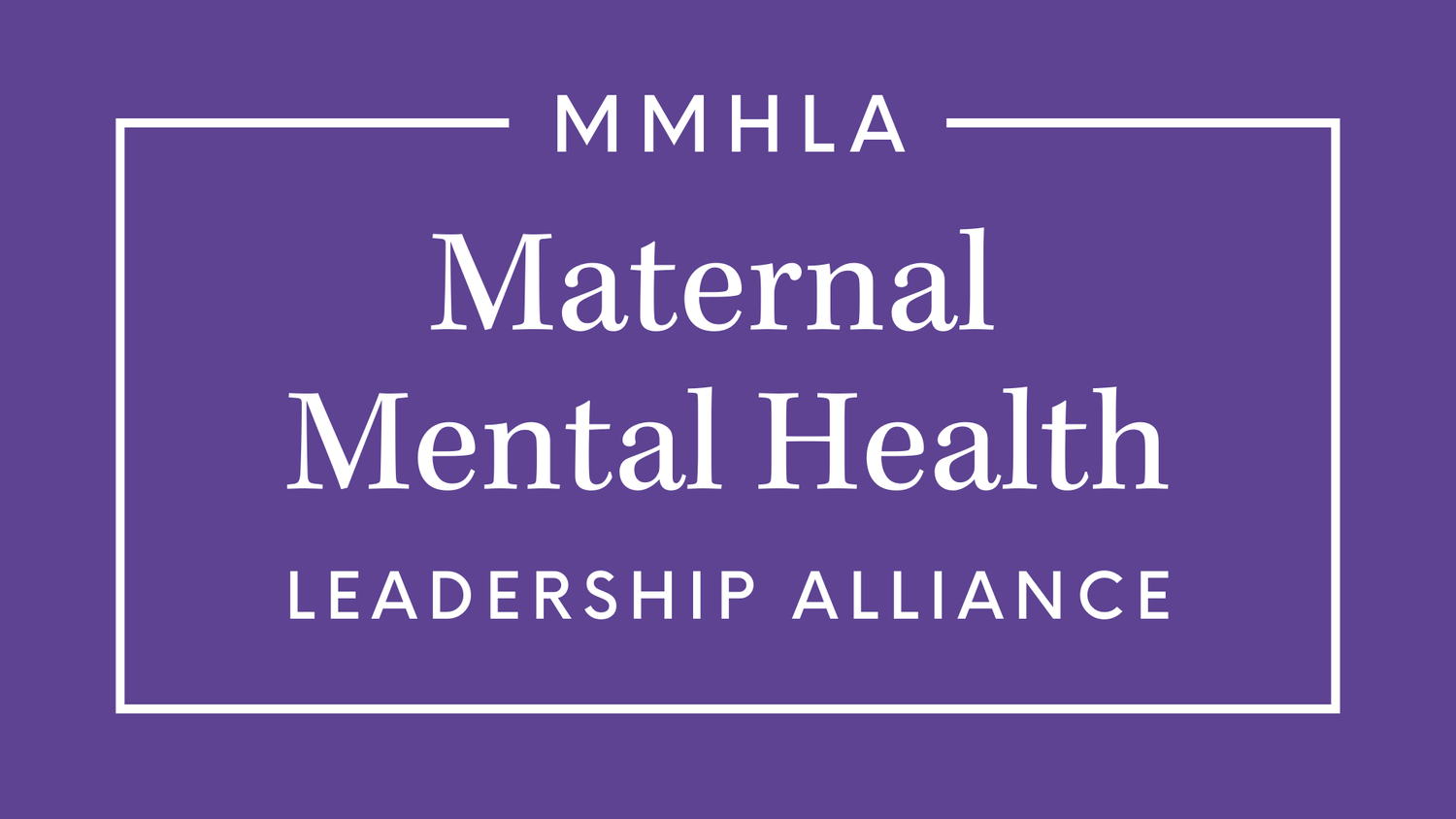Maternal Health and the Pandemic: It’s Not Good News
MMHLA Executive Director Adrienne Griffen recently wrote a guest blog post – Maternal Health and the Pandemic: It’s Not Good News — for the New Security Beat blog, which is the blog for the Wilson Center’s Environmental Change and Security Program. Read the entire blog post HERE.
Adrienne writes, “COVID-19 has dealt out a double dose of woe for maternal health. According to a new report from the Government Accountability Office (GAO), the pandemic saw an increase in maternal deaths and an exacerbation of racial disparities driving this overall morbidity. The GAO report shows that the overall number and rate of maternal deaths increased during the COVID-19 pandemic, Black women continue to die at significantly higher rates than their white counterparts, and the maternal mortality rate for Black birthing people almost doubled from 2018 to 2021.”
Digging into the data shows that shows that race and ethnicity were important factors in the increase in maternal mortality during the pandemic, with Black and Hispanic mothers being disproportionately impacted [The GAO report only included data for Black, Hispanic, and white women.] While these disparities have long existed, they were exacerbated during the pandemic: the number of deaths for Hispanic women more than doubled (from 105 to 243), and the maternal mortality rate for Black women rose from 37 to almost 70 deaths per 100,000 live births. (See chart below).
The blog also contains information about the rise in maternal mental health conditions during the pandemic, showing that childbearing people experienced significant anxiety and depression. Adrienne writes, “Rates of maternal depression and anxiety also increased during the pandemic. Questions and concerns were widespread, especially early in the pandemic, leading pregnant women and new mothers to worry about things birthing people didn’t need to consider prior to the crisis, including fears of infection, being isolated from family support, and concerns about breastfeeding and infection spreading. Newborns (and their parents) are usually the center of attention, with friends, family, and neighbors visiting with gifts and meals. Not so during the pandemic, when new parents often found themselves isolated and alone.”
Adrienne also wrote a three-part series for the Wilson Center, including articles on maternal mental health, maternal suicide as the leading cause of death for new mothers, and policies and practices to address maternal mental health. The Wilson Center also wrote about the infant formula shortage and its impact on maternal mental health.
The Wilson Center, chartered by Congress in 1968 as the official memorial to President Woodrow Wilson, is the nation’s key non-partisan policy forum for tackling global issues through independent research and open dialogue to inform actionable ideas for the policy community. The Wilson Center brings fresh thinking and deep expertise to the most pressing policy challenges we face today and was named the #1 regional studies think tank in the world.

